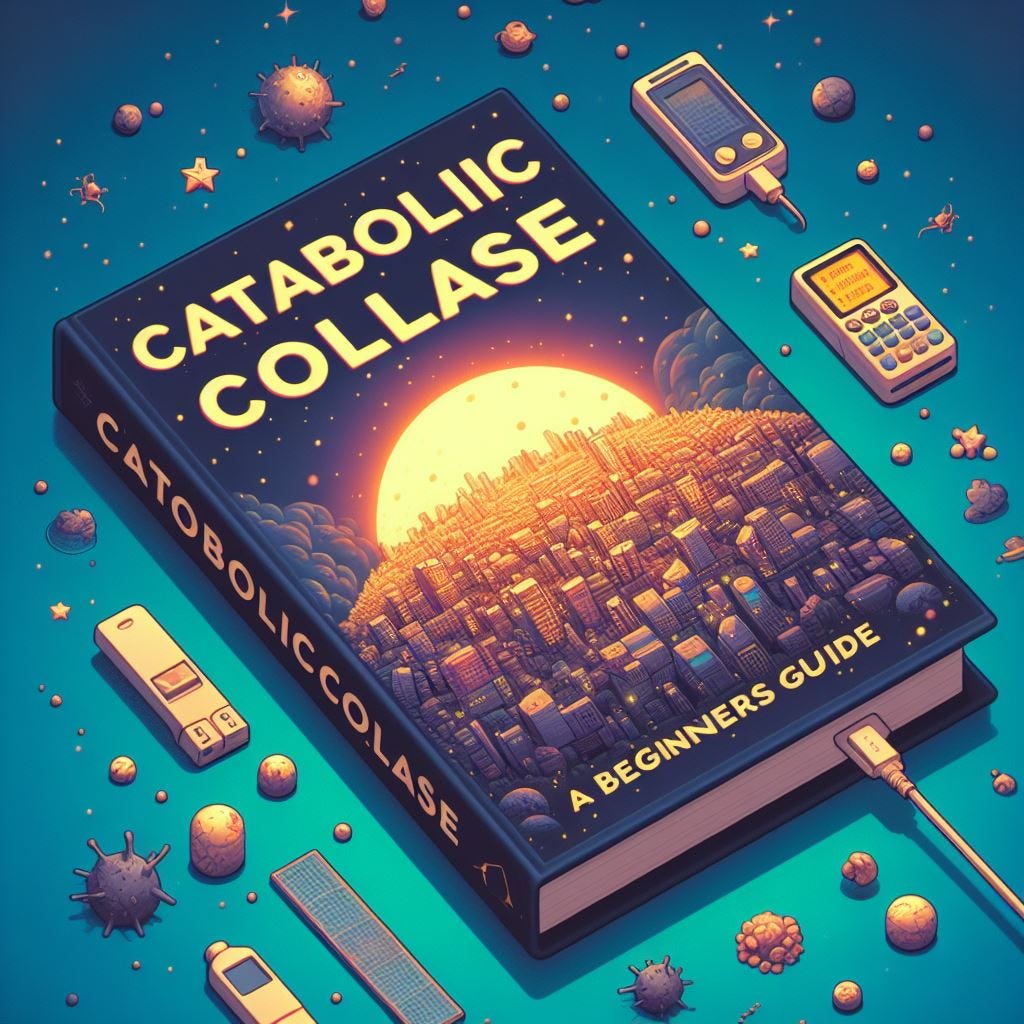Dear reader, I am just as tired of the endless stream of theories as I’m sure you are. I have done my best over the last year to turn my focus on pragmatic real-world solutions. Yet, I ask that you bear with me as I add yet another theory to your plate. But trust me in the wake of this theory opportunity lies.
A few years back, the theory of Catabolic C…





